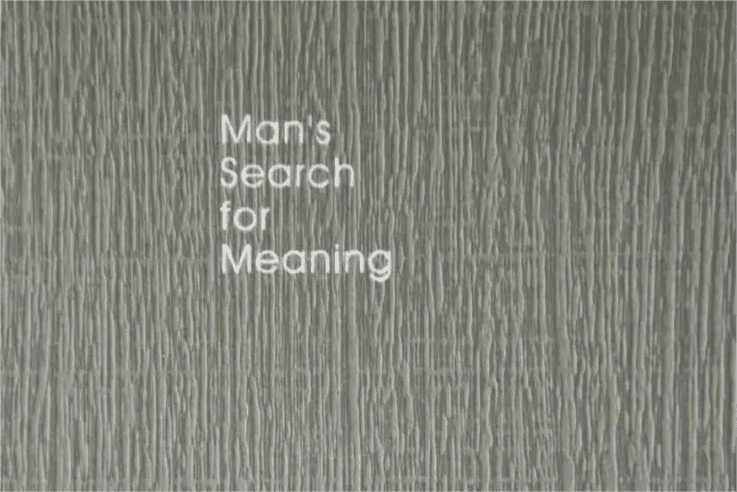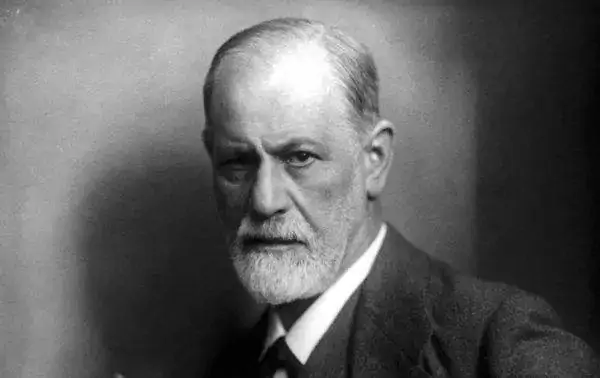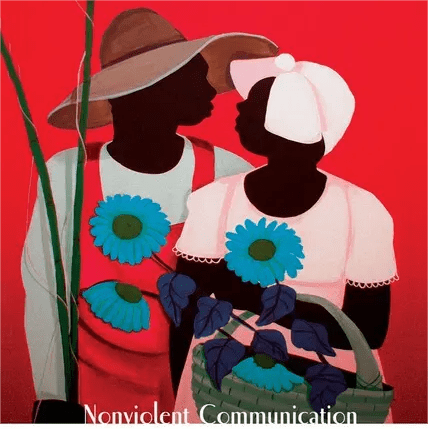As an autobiography, Why Be Happy When You Could Be Normal is a much more complete Jeanette Winterson than Oranges Are Not the Only Fruit or Twelve Christmas Stories – a woman who, despite her flaws, has bravely chosen to grow up savage, to be herself, rather than a sacrificial lamb.
In fact, I first started reading her famous book Oranges Are Not the Only Fruit last summer, but I only read the first two chapters. I felt that the two chapters were very interesting, but because they were far away from our lives and there were too many allusions from the Bible, it was difficult to understand them without relevant knowledge and I put them down unconsciously. Unexpectedly, in the New Year around this half month, has been immersed in the world of Jeanette Winterson’s words.
Of course, I now understand that the intensely religious atmosphere in Janet’s work was not optional, and that Mrs. Winterson had adopted her with the intention of dedicating her to God.
Chinese parents aren’t the only ones who like to pin their unfulfilled dreams on their children. Mrs. Winterson is no different. Her passion for evangelism began when she was converted to Christ after hearing an influential preacher preach. She wanted her daughter to be a missionary and enrolled in mission school when she adopted Janet.
In fact, Mrs. Winterson herself is a very different person, with her husband, with her neighbors, with her church members…… They all seemed out of place, and she didn’t have many friends.
She came from a wealthy and privileged family. She loved playing the piano and speaking French. She had “old loves” too, including a Frenchman called Pierre, but she was ashamed to talk about them.
She eventually chose Winterson, a workman opposed by her father, and remained in a sexless marriage for many years. When Janet was young, she asked her adoptive mother why she married her father, and she was always vague. What is certain is that their union is not out of love. But at least she had a normal family to herself and others. But she was never happy.
The book’s title, I don’t Have to be Normal to be Happy, is a reference to Mrs. Winterson asking Janet, “Why be happy if you can be normal?”
Janet, on the other hand, would rather be seen as abnormal than follow her heart. Of course, it came at a great cost to her, including spending most of her life searching for love and what she was missing.
When Janet was very young, her adoptive mother had told her the story of the Sacrifice of the Lamb, which would have sounded scary to ordinary people, but Mrs. Winterson did not care whether it was suitable for children.
The “Sacrificial Lamb” story is from Genesis 22: Abraham took the knife when God tried to test him by asking him to sacrifice his favorite son, Isaac, as a lamb for a burnt offering. Then the angel appeared and stopped him, for Abraham’s fear of God had been proved.
Of the 19 sentences in the original Bible, none is more heart-wrenching than the one in which Isaac says to his father Abraham, “Father.” “Here I am, my son,” Abraham said. Isaac said, “Look, the fire and the wood are here, but where is the lamb for the burnt offering?” Isaac was unconscious. The Lamb was him.
In many biblical stories, great artists such as Titian, Caravaggio and Rembrandt have painted this scene, because it is the most profound reflection of the entanglements of human nature.
Janet was, in a manner of speaking, the lamb that Mrs. Winterson intended to sacrifice, and would not hesitate a moment if need be.
It cannot be said that Mrs. Winterson, the adoptive mother, did not love her daughter in the first place, but that love, unlike the biological parents, was conditional. That’s why she can seem so unreasonable and callous at times, especially when it comes to her daughter’s “unnatural passions.”
In this book, middle-aged Janet finally solves a mystery that has puzzled her for years. Mrs. Winterson had wanted to adopt a boy from the room next to Janet, and had even signed the adoption papers, but instead adopted a girl.
It was not difficult to explain why, when Janet disappointed her, she always said bitterly that the devil had led him to the wrong crib. You can imagine how damaging that can be.
Mrs. Winterson always thought that she was on the right side, and that what she opposed must be wrong and evil. Therefore, when her daughter grows up and deviates from the life path she has planned for her, she becomes an intolerable evil. That’s why she was able to say conclusively that you’re not my daughter.
A few years after leaving home, Janet, now enrolled at Oxford University, tries to reconcile her relationship with her adoptive mother by bringing a classmate home for Christmas, only to break up. The two have not seen each other since. This is different from the end of the novel Tangerine. The author said that true stories are too painful.
Rather than being proud of her daughter’s achievement, Winterson, who made her famous debut at the age of 23, was so incensed by the use of the character’s real name that she telephoned to criticise her.
Janet later reflected on her life and said, she loves God, she loves nature, she loves animals, she loves plants, but the question is how to love? It seems she won’t, because love needs to be taught.
Adopted at just a few months old and thrown out by her adoptive mother when she was 16, Janet always felt there was an irreparable hole in her life, and she never felt worthy of love. Her insecurities always scare away lovers.
A later partner, SUSIE, tells Janet to learn both to love and to be loved, to receive love from others and to believe that she is wanted.
Fortunately, Janet always had her books with her, when she was locked out, when she was forced to leave home, when she was lost and depressed. Books, she says, are her home.
As A child, she wanted to read all the Accrington Library literature from A to Z, and, under the guidance of a good teacher, she bought all the works of Jung and studied them.
The place she found for herself to rest and heal after her breakup one year was also a place surrounded by books, the Bookshop Shakespeare in Paris. She also mentions this in Twelve Christmas Stories. Above the entrance of this bookstore there is a saying: Don’t be cold to strangers, they may be angels. She was indeed welcomed and cared for here by the bookstore’s founder and his daughter.
Through constant exploration and pursuit, Janet says she has come to a kind of reconciliation with life. ‘I’d rather be this me — the me I’m becoming — than the me I could have been, without the books, without the education, without everything along the way, including Mrs. Winn,’ she said. I think I’m lucky.







